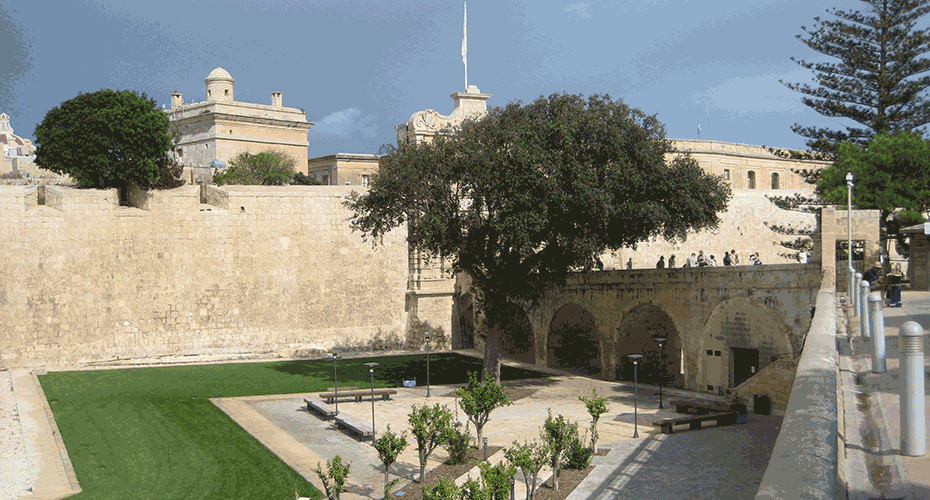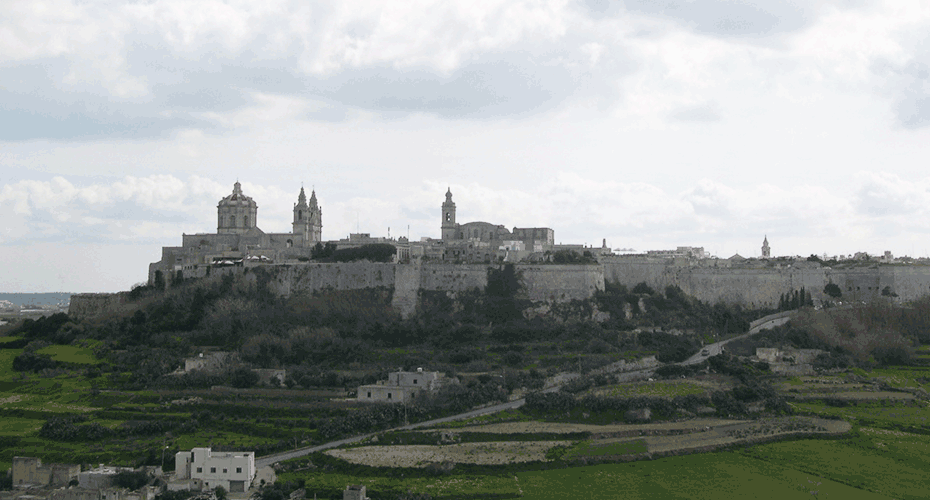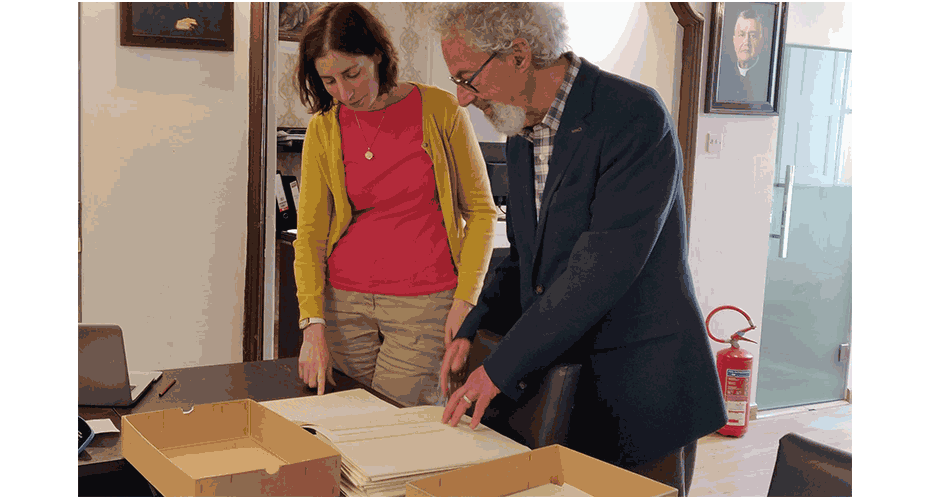Popular Healing: Christian and Islamic Practices and the Roman Inquisition in Early Modern Malta
This project uses the Roman Inquisition records in Malta to explore Christian-Muslim relations and magical healing in the early modern Mediterranean. The Inquisition records include many detailed testimonies relating to ‘magical’ cures for illness, including many cures performed by Muslim slaves on behalf of Christian clients. These testimonies allow us to see how Christian-Muslim relations and perceptions of Islam affected healing choices and beliefs about magic more broadly.
Popular Healing: Christian and Islamic Practices and the Roman Inquisition in Early Modern Malta
- Awarded to: Professor Catherine Rider (History, University of Exeter) and Professor Dionisius Agius (Institute of Arab and Islamic Studies, University of Exeter)
- Funding awarded to Exeter: £7,924
- Dates: 1st September 2019-31st December 2022
- Sponsor: British Academy
The Inquisitions which operated in southern Europe, and in Portuguese and Spanish colonies outside Europe, in the sixteenth to eighteenth centuries recorded the cases of many people from across early modern society who were accused, or accused others, of religious offences including magic and superstition. A major focus of these accusations was the use of magical ‘remedies’, which were used to diagnose and cure illnesses (especially illnesses deemed to have been caused by magic) or arouse love. Magic accusations before the Inquisition have been the focus of many recent studies, but the records of the Roman Inquisition preserved in Malta have the potential to expand this scholarship by shedding light on an area which still remains largely unexplored: the interaction between Christians and Muslims in the areas of magic, illness and healing. The records of the Roman Inquisition in Malta, held in the Metropolitan Chapter Archives in Mdina are unusually rich sources for exploring this area because the Maltese archipelago had a substantial minority of Muslim slaves owned by the Knights of St John who ruled the islands, who formed one of the most numerous slave populations in the Christian Mediterranean. Both Christian and Muslim inhabitants of Malta came before the Inquisition to make accusations of magic, or to respond to accusations made against them, and the records show that certain Muslim slaves, like some Christians, worked as medical practitioners on the island, offering 'magical' cures and curing 'magical' illnesses.
This project asks a series of research questions focusing on the relationship between perceptions of Islam and magical healers, in the period 1600-10:
- Did healers from different faiths or backgrounds offer distinctive remedies, or were they perceived to do so?
- Were certain kinds of practitioner especially likely to be described as frauds or magicians, and were Muslim slaves who offered healing particularly vulnerable to these accusations?
- How were practitioners chosen, and were there networks of healers who worked together?
The project will construct a database to analyse the healing cases from the period c.1600-1610 in order to investigate these questions.
The project builds on our earlier work on the trial of one Muslim slave, Sellem bin al-Sheikh Mansur, in 1605. This work was funded by the AHRC (‘Magic in Malta, 1605’: for details see Magic in Malta 1605 and the project book has been published by Brill: Magic in Malta: Sellem bin al-Sheikh Mansur and the Roman Inquisition, 1605.
We’re grateful for the support of the British Academy and of the staff at the Metropolitan Chapter Archives in Mdina.
When our database is complete, we will publish it on the University of Exeter’s Online Repository, and there will be a link here.
July 2023: ‘Telling Stories about Illness and Magic: Magical Illness and the Inquisition in Early Modern Malta.’ Paper for workshop on early modern Malta, University of Leipzig
June 2023: ‘Do you Believe in Magic?’ Project public engagement event at the British Academy Summer Showcase, London
June 2023: ‘Enslaved Muslims and ‘Magical’ Healing in Malta, c.1598-1608.’ Paper for workshop on Landscapes of slavery, race and health in the early modern global Mediterranean, King’s College London.
June 2023: ‘Experiencing and Treating ‘Magical’ Illnesses: Stories told to the Inquisition in Early Modern Malta.’ Paper for conference on Magic and Witchcraft: Evolving Beliefs, Practices and Attitudes, University of York.
April 2023: ‘Telling Stories about Illness and Magic: Magical Remedies and the Inquisition in Early Modern Malta.’ Trinity-Worth Lecture on Medieval and Renaissance Medicine, Trinity College, Dublin)
October-November 2022: Research Visit to Malta and follow-up workshop to explore future directions for research.
September 2022: ‘Magic Crossing Religious Boundaries: Christian and Muslim Magical Practitioners and the Inquisition in Malta, c. 1600-1610.’ Paper given to Societas Magica conference, University of South Carolina
May 2022: Research Visit to Malta and Project Workshop with Maltese academics and postgraduate students.
February 2022: ‘Popular Healing: Christian and Islamic Practices and the Roman Inquisition in Malta.’ Paper given to Magic Research Group, University of Exeter (Catherine Rider and Dionisius Agius)
April 2021: ‘Christian and Islamic Magic and the Roman Inquisition in Malta: Case Studies and a Database Project.’ Paper given to Magic and Esotericism research seminar, University of Amsterdam
November 2019: Research Visit to Malta



